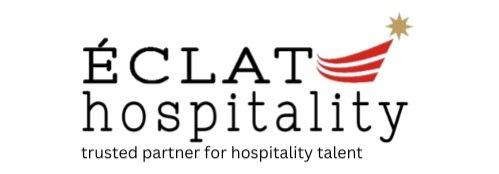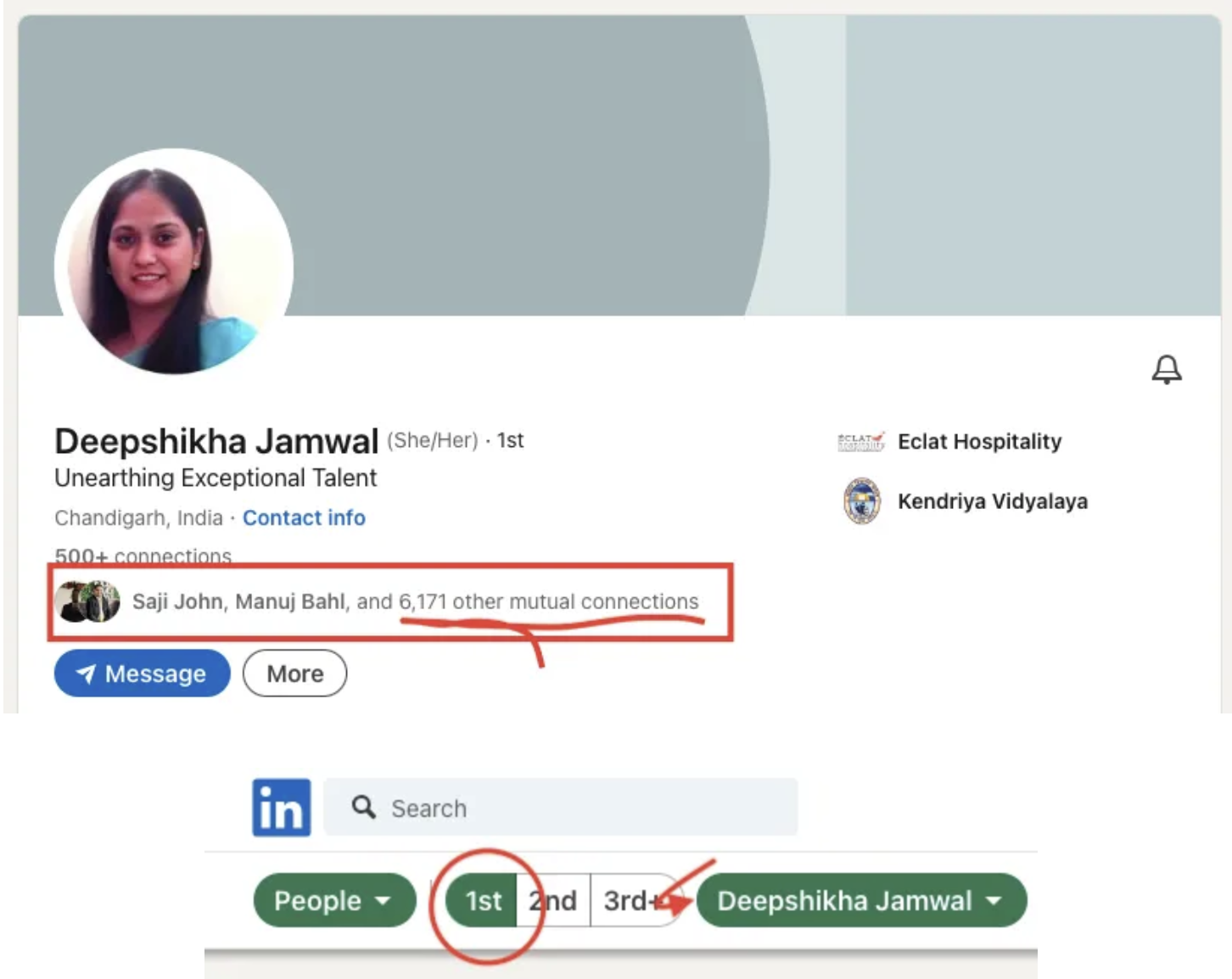Should You Disclose Your Expected Salary to a Consultant?
When it comes to discussing your salary expectations with a consultant during the job application process, the answer isn't always straightforward. Let's delve into the factors that can influence your decision:
1. Consider Your Stage in the Process: If you're at the initial stage, such as submitting a cold application or attending a discovery call, it's typically not necessary to disclose your salary expectations right away. Wait until you have a better understanding of the job details.
2. Assess the Company and Job Role: The compensation package can vary greatly depending on the company, job role, and location. Take into account factors such as industry, company size, and responsibilities associated with the role.
The same job role, even in the same company, does not have the same comp. A Restaurant Manager for a Luxury Hotel of a hotel chai , is not paid the same as a Restaurant Manager in one of their business hotels.
Compensation also changes based on city and even within cities based on locality.
The Job Role pays a very important part, as do the KPIs, the scope, the number of people to be managed, revenue responsibilities, cost management etc.
3. Evaluate Your Fitment: Your skills and experiences should align with the requirements of the job role. The closer the match, (i.e your fitment), the higher the likelihood of receiving a competitive compensation package.
Let’s continue with the Restaurant Manager example. Let’s say you are the Owner / CEO / HR Head of a new restaurant that is to open in the next 3 months. If you had 2 applicants, one, with prior new-opening experience, that is the one you would be keen on.
Multiple this as many factors as deemed important by the company.
So, location, size, menu, cuisines offered, competition, brands the company likes, training, certification, revenue managed, the list goes on and on. (psss.. Social Media savvy is a pretty big one these days).
Now, if the more ticks on the requirement, the better the chances of getting the comp at the higher end of the company budget.
So, only after you have understood the requirement well enough, should you share your expectation. In fact, we suggest you ask the recruiter all the questions you need to ask to get a better understanding of the requirement.
4. Consider Your Personal Needs and Preferences: Your salary expectations may also be influenced by personal factors such as desired location, career goals, and work-life balance. Assess what matters most to you in a job and how compensation fits into the equation.
For example, If you want to get back to your home town, you may take a pay cut. If you want to get back to your core industry/vertical, you may quote a more competitive ask. If you want to leave a not so happy workplace, you get the idea.
However, if you are happy where you are, getting everything you need, love your company and are just not actively looking, then just say no when we call. Don’t go through the process ‘just to see what you are worth’. Ok, sorry, that was our frustration pouring out a little. But you could probably ask for a lot more, if you are being head hunted.
5. Timing Matters: You should also spend some time understanding where you are in your career journey. There are times when you want to prioritize learning or experience over money, or growth / promotion over money and then there are times when you understand the value you offer and have a price ascribed to it. This is personal and only you can answer this for yourself.
6. Research Market Trends: Understand the market rates for similar roles in your industry and location. This will help you gauge whether your salary expectations are realistic and competitive.
Use your network to find out what comp has been offered for similar job roles and responsibilities. Remember to not use anecdotal, one-off cases as your benchmark. A useful way to think about this is how hotels check their RevPAR, ARR & Occ% against their competitive set. You can do something similar for your role. So, make a list of the competing hotels or restaurants to the company you are applying for and find out what they are paying for a similar job role.
7. Keep in Mind the Negotiation Process: Compensation is not set in stone (there might be a hard upper limit though), and there may be room for negotiation. Be prepared to discuss not only salary but also other benefits and perks that are important to you. There are multiple ways to make the comp attractive to both parties.
For e.g. A company might strike a wonderful deal for a play school or creche nearby, which might not be affordable for the candidate. The value add this might bring, increases the perceived compensation.
8. Communicate Your Current Remuneration: In many cases, it's beneficial to mention your current salary early on in the process. This information can help recruiters match you with suitable opportunities and streamline the application process.
The decision to disclose your expected salary to a consultant depends on various factors, including your stage in the process, the specifics of the job role, and your personal preferences. By carefully considering these factors and approaching the discussion strategically, you can navigate the salary negotiation process with confidence and achieve a mutually beneficial outcome.
If invited to share, keep an answer ready.
p.s. wondering what a 'discovery call' is and how to ace it? Tune in, next week.
To get all this delivered to your inbox, sign up for free ⬇️



















Discover the thrill of Your Hospitality Adventure as you embark on a journey of talent and skill refinement in the dynamic world of hospitality. Explore the nuances of embracing innate talent while honing essential skills to excel in your career. Join us as we navigate the path to hospitality excellence, one step at a time.